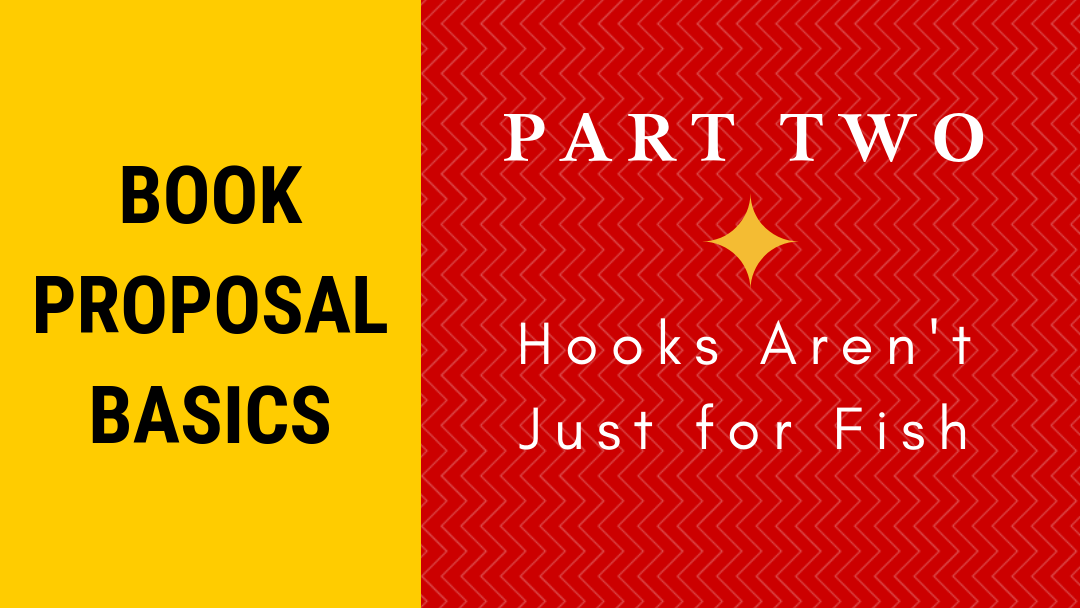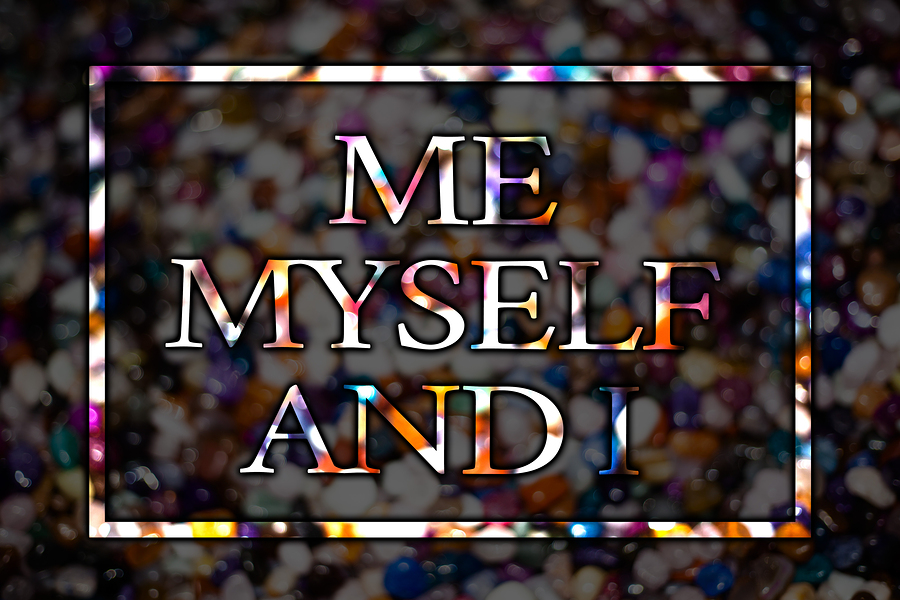Where is Christian publishing heading? To help answer these questions, today we are talking with Alice Crider the Editorial Director at David C Cook and an international speaker.
Alice welcome to the Christian Publishing Show.
Before we get started I want to tell you about how great your team at David C Cook is. As you know I am not just a literary agent, I’m also a podcaster and I run a podcast production company. David C Cook is one of my clients. I had a bad case of baby brain and I under invoiced David C Cook and not only did you accountant catch it, she let me know so I could invoice the correct amount. So not only a great character but great competence as well. Congratulations!
ok, So let’s get started:
Questions:
- What are some of the trends you see in Christian Publishing right now? (Expect a lot of follow up questions here)
- Can authors go from indie to traditional?
- What kind of trends do you see with audiobooks?
Links:
Course of the Week The SMART Self-Publishing Bundle
Learn everything you need to know about independent publishing.
Save 10% with coupon code “podcast”
The post 018 Tribe Building and Trends in Publishing appeared first on Christian Publishing Show.








